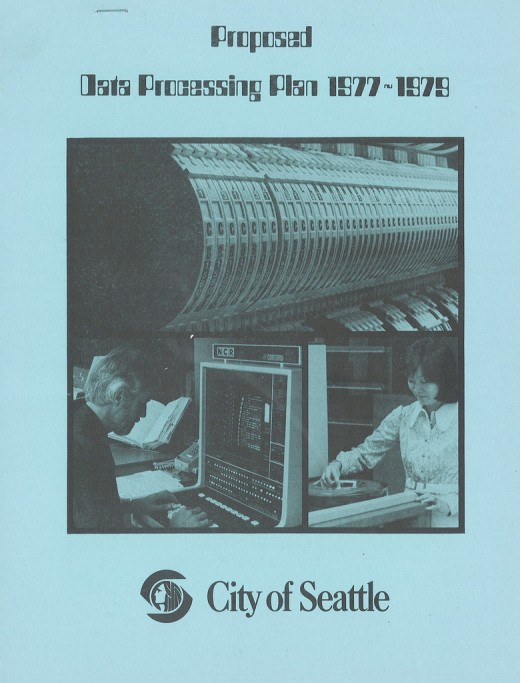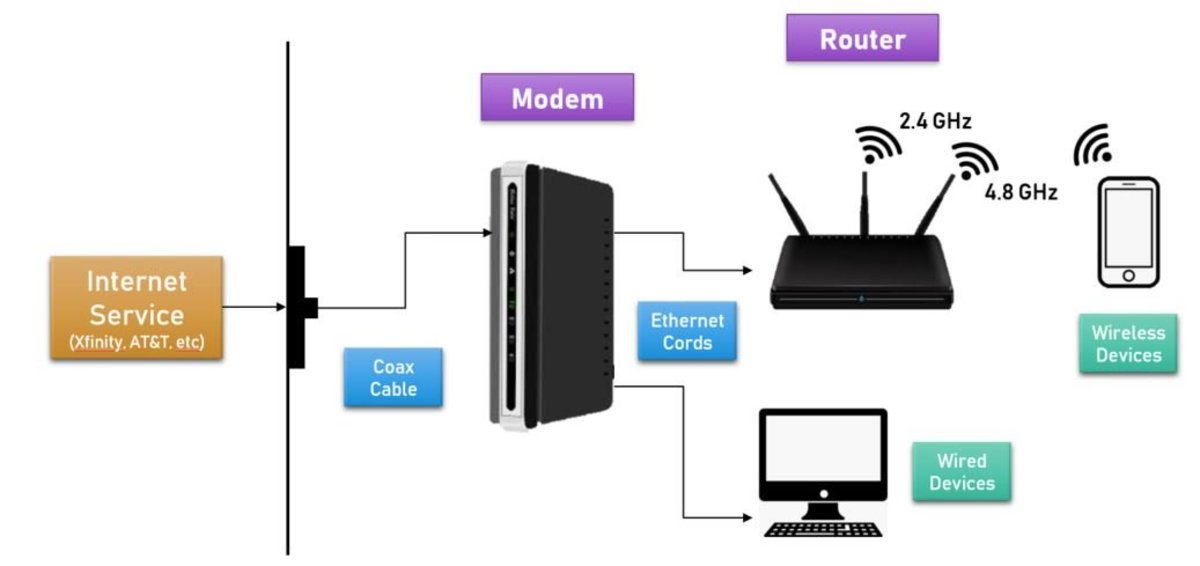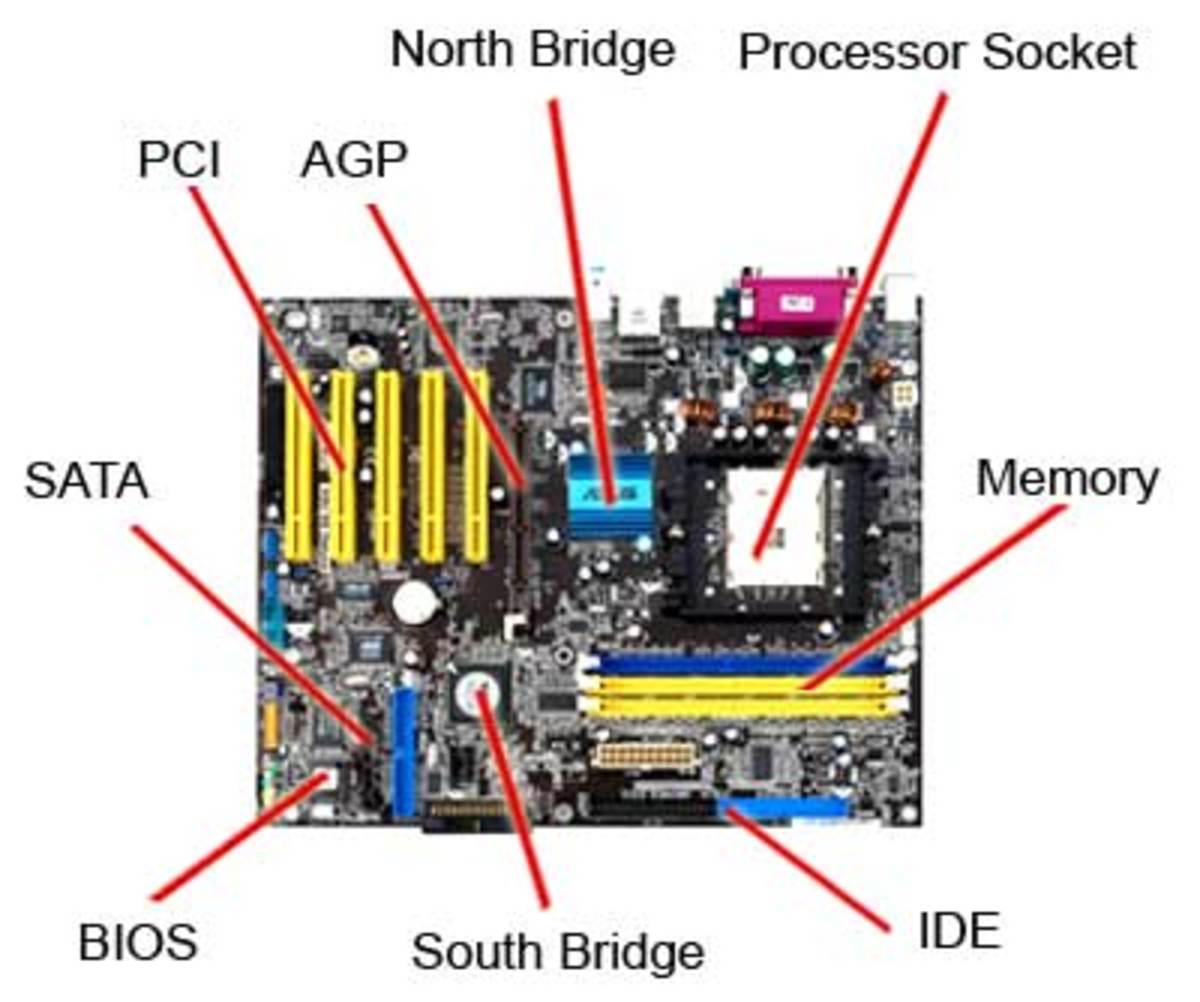What's the difference between backup and archiving?
What's the difference between backup and archiving?
As people who live on the edge in terms of preventing loss of important files on a computer, many of our readers have found it important to know the basic differences between backup and archiving my information.
There is a big difference between the two, and it comes down to the variables between short term and long term storage.
Backing up important data files on your computer should be done often, sometimes once a day or more. Think of it like a short term insurance policy. Backups can be done on USG keys, disks, even to tape. Sometimes this information is overwritten each time it is saved, as new files are being added.
For example, an accountant for a small business that uses QuickBooks will back up his files every day in order to prevent a disastrous loss of information. He will entrust that information to an online backup system that is updated at the end of each business day.
This way, if a problem occurs with the individual computer or network, then there is a way to resurrect the books without having to reenter month’s work of work.
Archiving, on the other hand, is the equivalent of a long term insurance policy for files that are rarely accessed, or never change.
This type of storage creates a history of the files in an authentic form that can accessed weeks from now or years from now. The storage media for archiving requires that it have along stable life.
If the owner of the company died tomorrow, where would you begin to look for important documents? Or what if an audit of 2003 came up? Creating an archive is essential to tracking down vital information to a company or an individual.
Typically archives have been stored on magnetic tapes in the past, but with the cost of online data archiving solutions becoming more practical and inexpensive, you will see more use of them.
Off site data archiving is highly recommended in the event of a disaster.
Another way of looking at the differences is that backup contains multiple restore points, allowing you to go back in time in case of a virus, accidental deletion or accidentally saving over a file.
Archived information will only store a single version of a file. And this single version will rarely change… if ever at all. Often, archival data will also span decades of files.
Archiving may require certain policies or rules that approve who have access, how long the records need to be stored, etc.
It is important to know the difference and be certain that both are being done to maintain your company’s integrity.
There is nothing worse than not being able to access critical information in convenient manner, or even more tragic, having to reinvent the wheel.
Data Archives Can Often Span Decades









